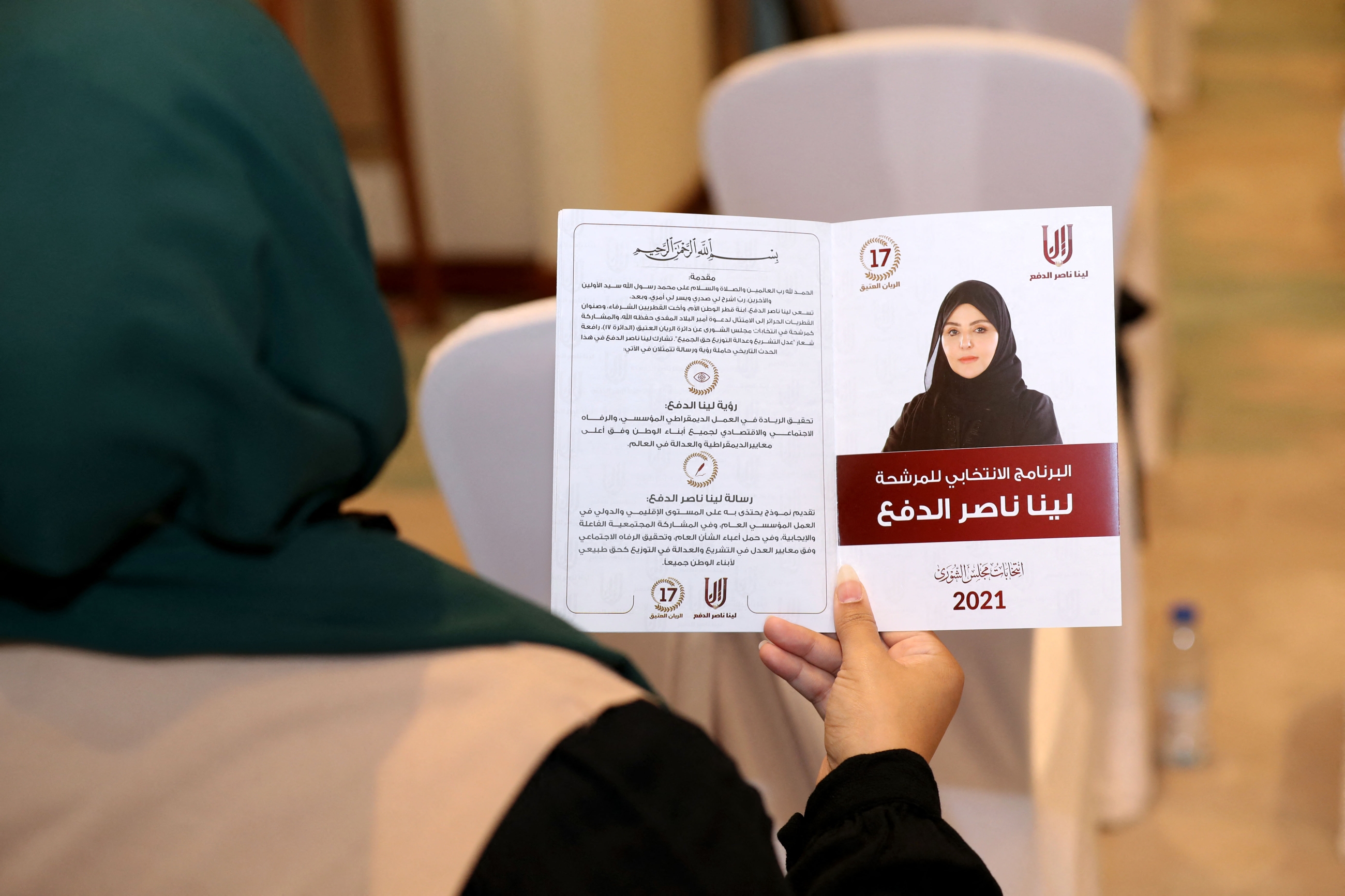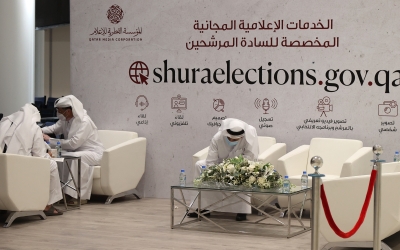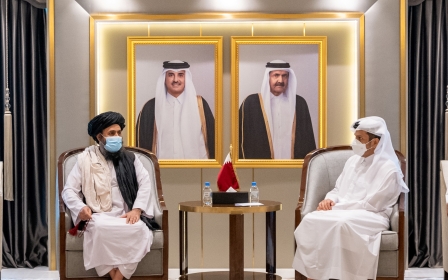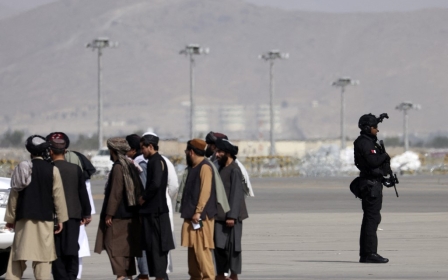Qatar: Calls for release of detainees as country prepares for elections

Qataris are set to head to the polls for the country's first legislative elections as rights activists call for the release of detainees who protested "discriminatory" election laws.
Planned for Saturday, the election has been hailed by the Qatari government and pro-Qatari analysts as a step forward in the country's democratic development.
Voters will elect two-thirds of the 45-seat Shura Council, an advisory and legislative body, with the remaining 15 seats appointed by the emir.
“In line with Qatar’s National Vision 2030, the elections aim to strengthen the role of the legislative branch of government and enhance the involvement of citizens in the political process," the Government Communications Office (GCO) said in a statement.
“Public debates and discussions around the elections have been actively encouraged by the government and a competitive campaign is expected among the eligible candidates."
However, rights groups have highlighted the arrest of a number of Qataris in the run-up to the elections for protesting the regulations surrounding them.
Approved in July, the new electoral laws state that only citizens who are originally Qatari or can prove their grandfathers were born in Qatar can vote in districts using their permanent address.
Thousands of members of the Al-Marra tribe, one of the country's largest tribes, have been stripped of their citizenship over suspicion of disloyalty to the state and involvement in anti-government activities.
In August, the tribe staged a demonstration over the electoral laws, leading to police repression and the arrest of dozens of protesters.
In a statement on 19 September, the Gulf Centre for Human Rights (GCHR) called for the release of 21 protests still being held in custody, as well as calling on the government "to protect public freedoms, especially freedom of expression and freedom of peaceful assembly."
Human Rights Watch (HRW) has also criticised the election law.
“Qatar’s attempt to establish citizen participation in government could have been a moment to celebrate, but it has been tarnished by denying many Qataris their full citizenship rights and repressing critics of arbitrary voter disenfranchisement,” said Adam Coogle, the organisation's deputy Middle East director, in a statement last month.
"The new laws have only reminded Qataris that they are not all equal.”
HRW has called for amendments to be made to the 2005 nationality law and to allow all Qatari citizens their full rights.
Middle East Eye propose une couverture et une analyse indépendantes et incomparables du Moyen-Orient, de l’Afrique du Nord et d’autres régions du monde. Pour en savoir plus sur la reprise de ce contenu et les frais qui s’appliquent, veuillez remplir ce formulaire [en anglais]. Pour en savoir plus sur MEE, cliquez ici [en anglais].





